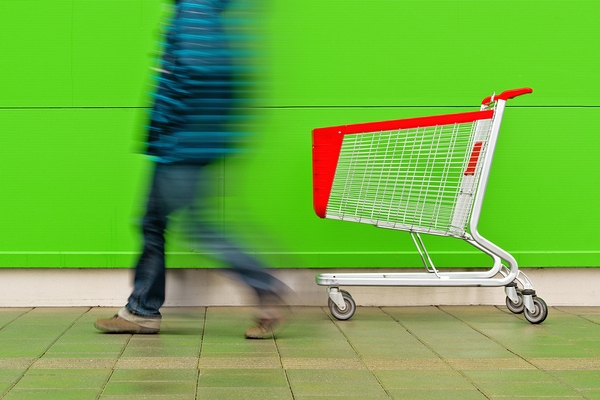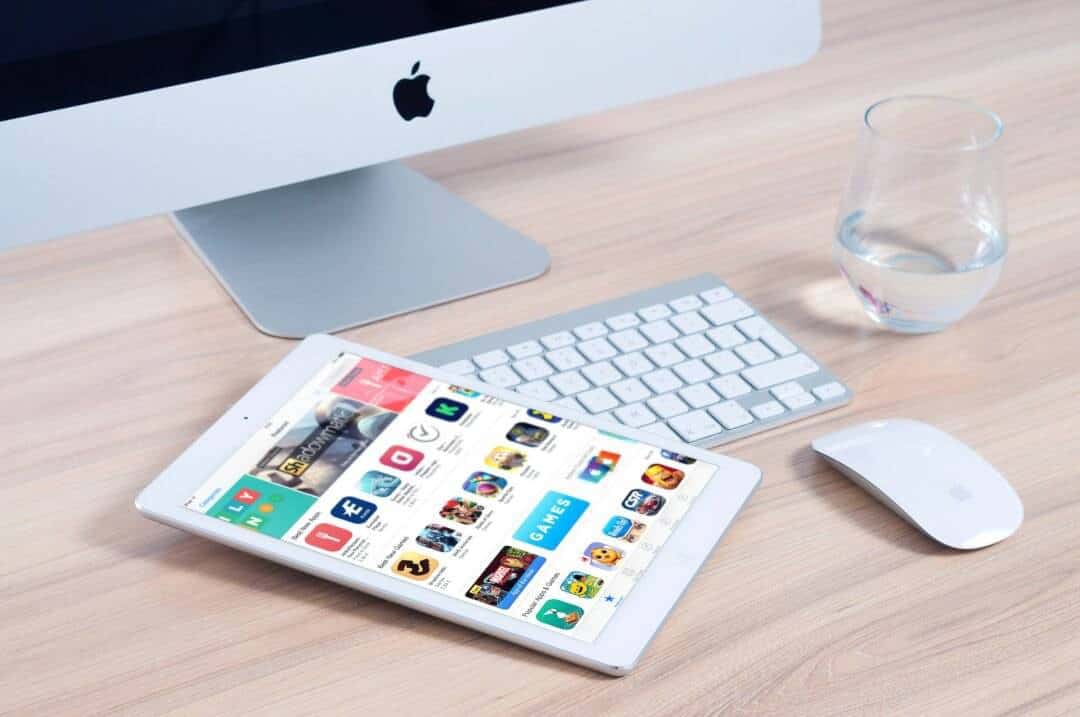The Ways Modern Retail Stores Are Leveraging App Development
Modern retailers are using apps to improve customer engagement.
Many businesses are leveraging mobile app development, but the trend has been particularly pervasive among retailers. With so many people conducting shopping from their mobile devices, mobile apps provide a viable tactic for connecting consumers with a retail brand. Here are some major ways retailers have been leveraging mobile apps to improve customer connections and fuel sales.
Target Creates a Coupon App to Improve Sales
Target is a prime example of the value that mobile apps provide businesses. After creating their app, Cartwheel, they noticed a substantial rise in sales. Cartwheel is an app that allows users to browse for the best coupons by category, so they can quickly find all of the coupons they need to simplify their shopping experience. The app turned out to be wildly successful. In March of 2014, the app’s usage rates skyrocketed by 241 percent, amounting to 100,000,000 million hours total. Target’s executives claim that Cartwheel users spent an average of 30 percent more money per trip, demonstrating the clear value the app has provided their company.
Wal-Mart Creates a Mobile App to Discourage Online Shopping
As online shopping increases, brick-and-mortar stores are becoming concerned about the future of in-store shopping. As such, more are turning to mobile apps to bring people into their stores. Wal-Mart is particularly focused on this goal. They’ve added a variety of tools to their mobile app that makes it easier and more efficient for customers to navigate their store and find what they’re looking for. It allows users to make shopping lists through the app, and the app will immediately assign the aisle where the product can be found. This greatly simplifies the shopping experience, thus encouraging more people to visit their local Wal-Mart locations.
Office Depot Is Making It Easier than Ever to Shop
Office Depot was recognising the growing phenomenon of mobility and how more consumers were seeking out efficient methods to shop. They revamped their mobile app to meet these trends. Now, their app can connect people to their nearest Office Depot location, it can facilitate online shopping, and it creates personalised homepages that offer product recommendations based on the person’s shopping history.

Mobile apps are making shopping faster and easier than ever before.
Why Are Consumers Using Mobile Apps?
When designing a mobile app for a retail location, businesses need to consider what factors contribute to usage rates among customers. A survey conducted by Apptentive delved into this topic, and came up with the following statistics.
- 29 percent use apps for in-store discounts,
- 25 percent use apps to compare pricing among similar products,
- 20 percent utilise mobile apps to search reviews about products,
- 18 percent like to use mobile apps to help them find the product they’re looking for,
- 14 percent are incentivised by rewards programs,
- 13 percent use apps to learn about the products and various features it offers,
- 12 percent use apps to order out-of-stock items,
- And 5 percent utilise apps to make payments.
Use Mobile App Development to Help Your Small Business Grow
Big brands are leading the way in retail app development, demonstrating the clear value an app can provide to a company. Small businesses have the opportunity to leverage this trend as well and create apps that can increase the convenience and value for shoppers. To create a mobile app for your company, you need to start with the right app developers. At Glance, our team is dedicated to ensuring your mobile app is designed with your business’s needs in mind, and we’ll work to solve the toughest issues your customers are facing. Contact us to get started.
Share this
Subscribe To Our Blog
You May Also Like
These Related Stories

Build an App to Build Your Business

Build an App That Makes Your Business Money





